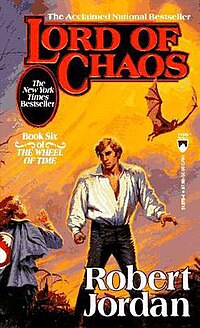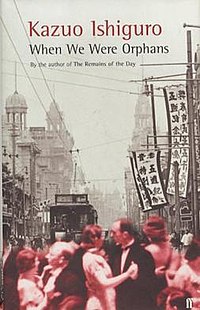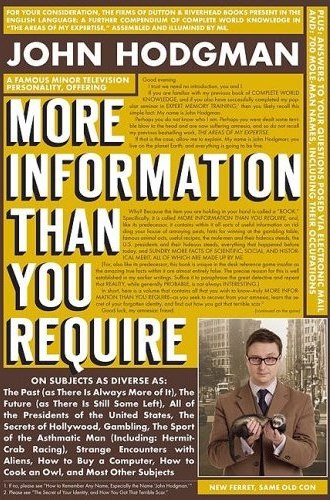
"A Supposedly Fun Thing I'll Never Do Again" is a collection of DFW's essays from the mid-nineties and was my first exposure to same.
At first glance, I wasn't to thrilled with Mr. Wallace. The first essay in this collection is a long kind of diatribe about how he used to play competitive tennis as a child and was really good at it because he was really good at math and blah blah blah and I think sounds a lot more braggy than it does interesting, however, I really started to like him as I read on. He's brilliant and easy to relate to in this kind of bizarre way.
The second essay deals a lot with television's place in society and specifically its place in the world of fiction and was fascinating. DFW has this weird relationship with TV where he both loathes and adores it, hates and needs it. Over the course of the essay he convinces you that, actaully, everyone has that realtionship with television, they (we) just are't smart enough to realize it and they (again, we) base most of our social interactions on behaviour learned from television. I wish he were still alive. The essay was written in like, ninety-three, and the dude basically predicts (with the help of others) you-tube, sooooo...... badass.
I skipped over one essay about literary criticism. Sue me. I'm not in school anymore and I wouldn't even have read it then.
The two gems of the collection are expanded versions of articles that he wrote for Harper's magazine covering the Illinois State Fair (Getting Away From Pretty Much Already Being Away From it All) and a 7-night luxury cruise in the Caribbean Islands (A Supposedly Fun Thing I'll Never Do Again). Both of these essays are works of literary genius. After judging a dessert competition, DFW writes:
"08/14/1315h Illinois State Fair Infirmary; the motel; then Springfield Memorial Medical Center Emergency Room for distention and possible rupture of transverse colon; then motel; whoe day a washout; incredibly embarrassing; unprofessional; indescribable; delete entire day."
My favorite section of the titular essay (originally only several pages and presented in this collection in all of its 80-ish page glory) involves DFW describing the "paradox of pampering" that occurs when a cruise patron would like to carry their own bag, thus trapping the helpless porter between "The passenger in always right" and "never let a passenger carry his own bags." Both essays are simply magnificent. read them, please.
Awesome collection. too much to go into in a blog post. 9.5/10










